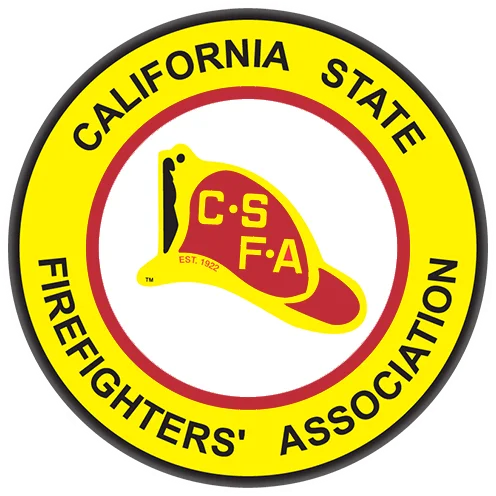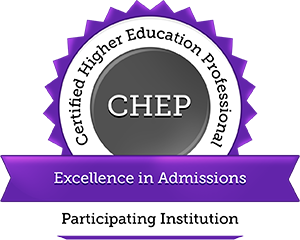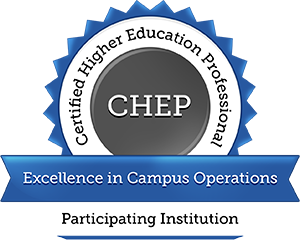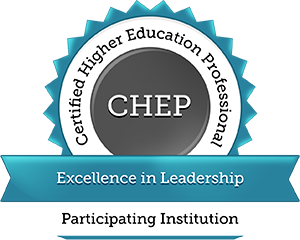Curriculum and Instruction
Master of Education (MEd)
Online Degree Program
The Master of Education online degree program in Curriculum and Instruction is designed to provide the theories, principles, and practices to educational professionals interested in curriculum and instruction. For this, students will examine history, theory, research, best practices, and factors impacting the field. The program includes courses in the areas of integrating technology into teaching, cultural issues in education, models of teaching, psychology applied to teaching, strategic issues management, curriculum design and evaluation, supervision of instruction, ethics in education, leadership and technology, public policy, legal aspects of education, global perspectives in curriculum, and research.
Designed For You
The California Coast University online Master of Education in Curriculum and Instruction program was designed for complete flexibility for the student. All courses are self-paced and completed 100% online.
-
Low tuition with interest-free payment plans as low as $150/month.
-
Flexible programs designed to fit into your busy schedule. Self-paced study with no group projects, set meeting times, or exam dates.
-
The program is not structured in semesters, quarters, or terms. It is designed to allow students to begin their online studies at any time of the year.
-
CCU offers a tuition discount for Active Duty Military, Veterans, Law Enforcement, Firefighters, Government Employees, and CCU Graduates.
We also offer a 10% discount for Corporate Partner employees. For more information on how to become a Corporate Partner, see our Corporate Partnership Information Page.
*Employment verification is required. Offer good for students who enrolled after January 2024 and were offered discount at time of enrollment. Offer is not retroactive for students already enrolled. Discount and/or prices subject to change and/or cancellation at any time without notice. This offer cannot be combined with any other discount(s).
.png)
Upon successful completion of the program, students will be able to:
- Evaluate and integrate various theories, key concepts, and research related to the field of curriculum and instruction.
- Evaluate processes, strategies, and best practices currently being utilized in curriculum and instruction.
- Analyze various factors, developments, and trends impacting the field of curriculum and instruction.
- Examine ethical and legal issues related to the field of curriculum and instruction.
- Examine program content in relation to ethical reasoning, social responsibility, global citizenship, and civic engagement.
- Utilize critical thinking, academic writing, and research skills to explore key concepts and theories related to program content.
Great personal accomplishment.Great program. Supportive staff.
Explore The Program
The Master of Education in Curriculum and Instruction degree program consists of 13 total courses, followed by a final Comprehensive Examination.
The required courses are comprised of:
13 Core Courses
.
There are 39 total semester units in this program.
For the online Master of Education in Curriculum and Instruction (M.Ed.) degree program, the following 13 courses must be fulfilled. Click on course title to expand and read more.
| ID | Course Name | Units | |
|---|---|---|---|
| EDU 501 | Integrating Technology into Teaching | 3 | |
| EDU 507 | Cultural Issues in Education | 3 | |
| EDU 510 | Models of Teaching | 3 | |
| EDU 521 | Psychology Applied to Teaching | 3 | |
| EDU 523 | Strategic Issues Management | 3 | |
| EDU 524 | Curriculum Design and Evaluation | 3 | |
| EDU 526 | Supervision of Instruction | 3 | |
| EDU 536 | Ethics in Education | 3 | |
| EDU 545 | Leadership and Technology | 3 | |
| EDU 546 | Public Policy | 3 | |
| EDU 547 | Legal Aspects of Education | 3 | |
| EDU 548 | Global Perspectives in Curriculum | 3 | |
| GRM 597 | The Research Process | 3 | |
| EDU 598 | Final Comprehensive Examination | 0 | |
Prerequisites to Admission:
An applicant must have earned a Bachelor’s Degree in Education or a Bachelor’s Degree in another field may be considered if the Admission Committee evaluation indicates that the applicant has the necessary foundation to succeed in the program.
FAQ About Coursework
Required units may be satisfied in the following ways:
-
California Coast University has developed comprehensive Study Guides, for each course, that are designed to coordinate and sequence the learning materials within the required textbook(s). The following points will help to illustrate how the Study Guides are designed:
- Study Guides are based on specific textbooks, available through local bookstores, the publisher, or the University's Rental Library.
- Each Study Guide is organized with a complete syllabus, along with instructional materials to guide the student chapter by chapter through the corresponding text.
- Each Study Guide contains an overview and summary of all textbook chapters, a listing of important keywords (with definitions), self-tests (with answers) on key points, and critical thinking activities.
- Study Guides include 4 unit exams equally spaced throughout the instructional materials, four writing assignments per unit, and the final multiple choice examination.
- Examinations are designed to test the student on the information contained within the preceding chapters.
- All tests have no time limit and may be completed as open book tests.
-
Transcripts of previously completed master's level academic work are evaluated and credit may be transferred to meet existing coursework requirements. The following guidelines are utilized when accepting transfer credit for a master's degree program:
- Master's degree students may receive transfer credit for up 6 semester units of previously completed coursework.
- Courses must have been completed at a college or university accredited by an agency recognized by the United States Department of Education or its foreign equivalent.
- Transfer grades earned must be equivalent to a letter grade of B (3.0 GPA) or higher.
- No specialized training or experiential learning credit can be awarded at the graduate level.
-
During the admissions process, all professional experience is reviewed to determine if an applicant has sufficient occupational experience to warrant completing a Challenge Examination in lieu of a Study Guide for a particular course. The following factors are considered:
- An applicant may be offered an opportunity to complete a Challenge Examination if the candidate's occupational expertise appears to be comparable to the objectives identified for a particular course.
- Successfully passing a Challenge Examination will demonstrate an acceptable level of competence for that course.
- If a student does not pass a Challenge Examination they are assigned a Study Guide for completion.
- The maximum amount of Challenge Examinations allowed for each program level are: Associate 4; Bachelor's 10; Master's 2; Doctorate 0; and Certificates 1.

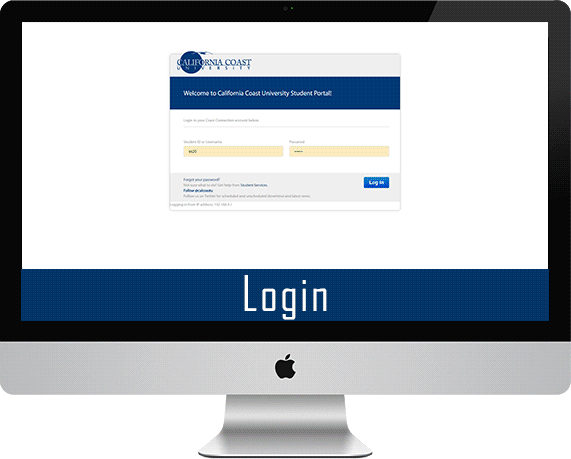



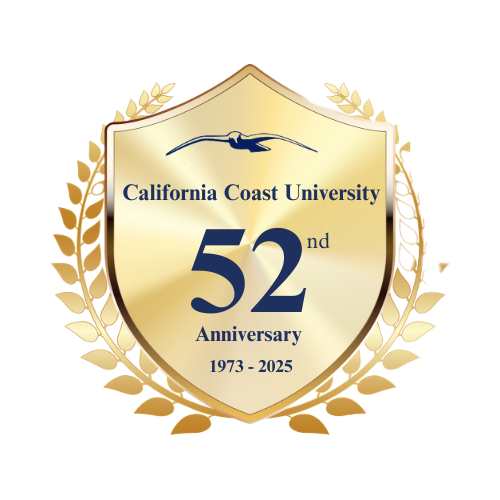




.jpg)


